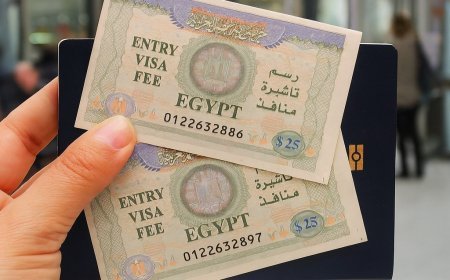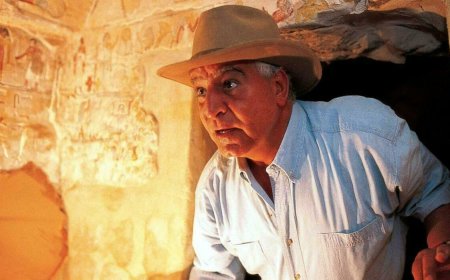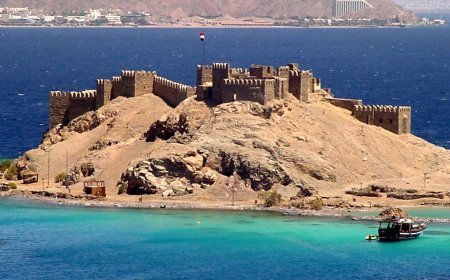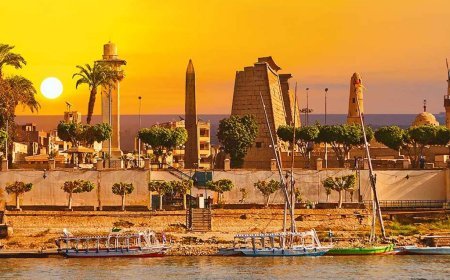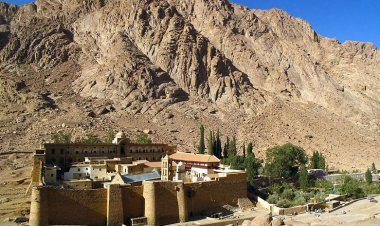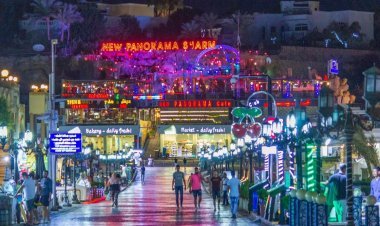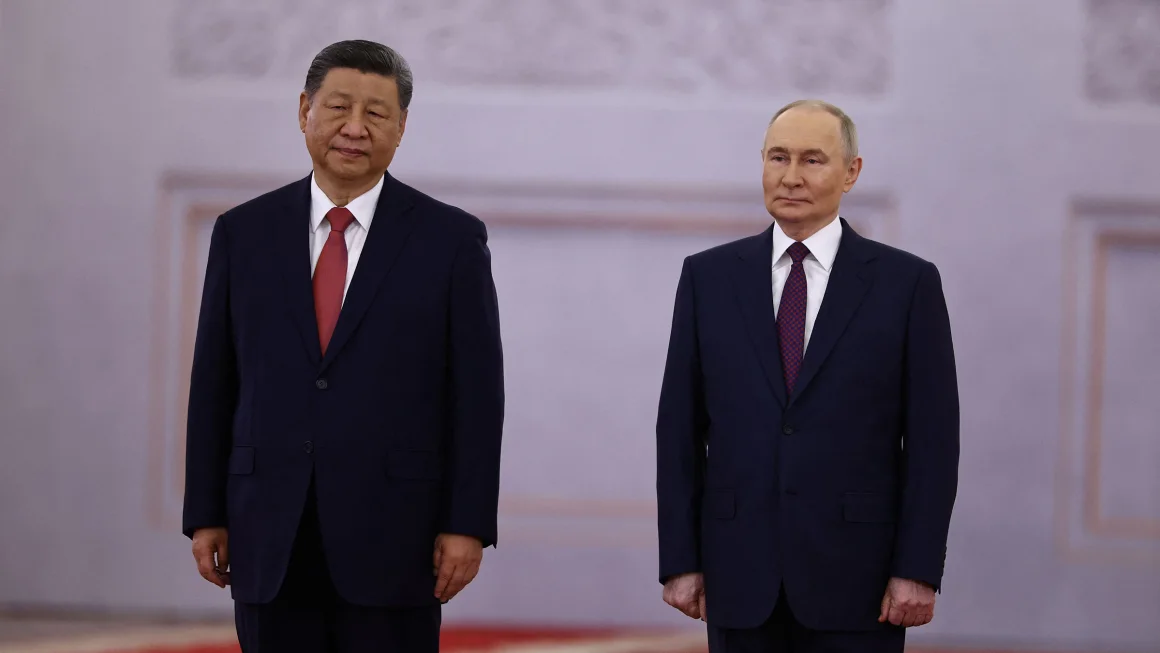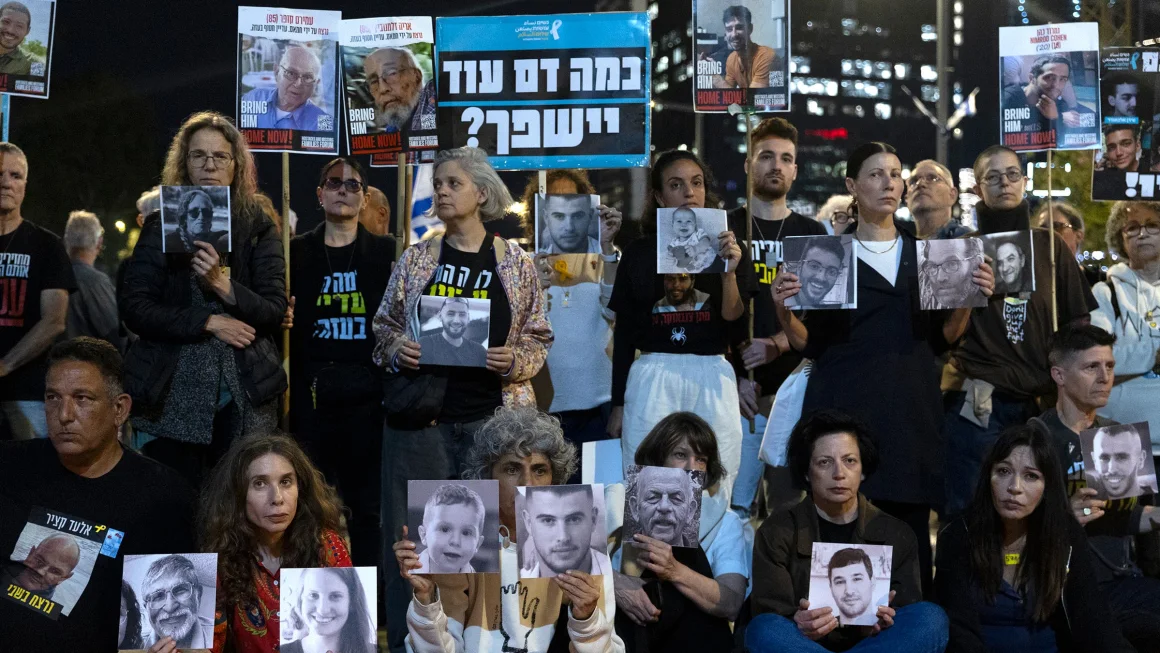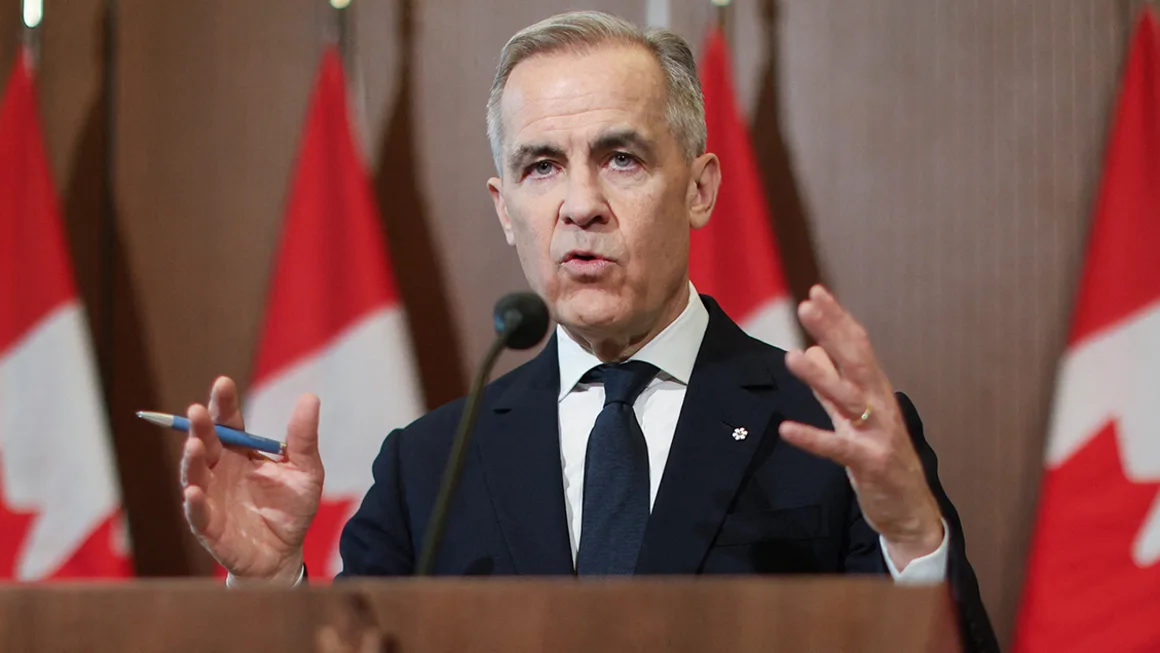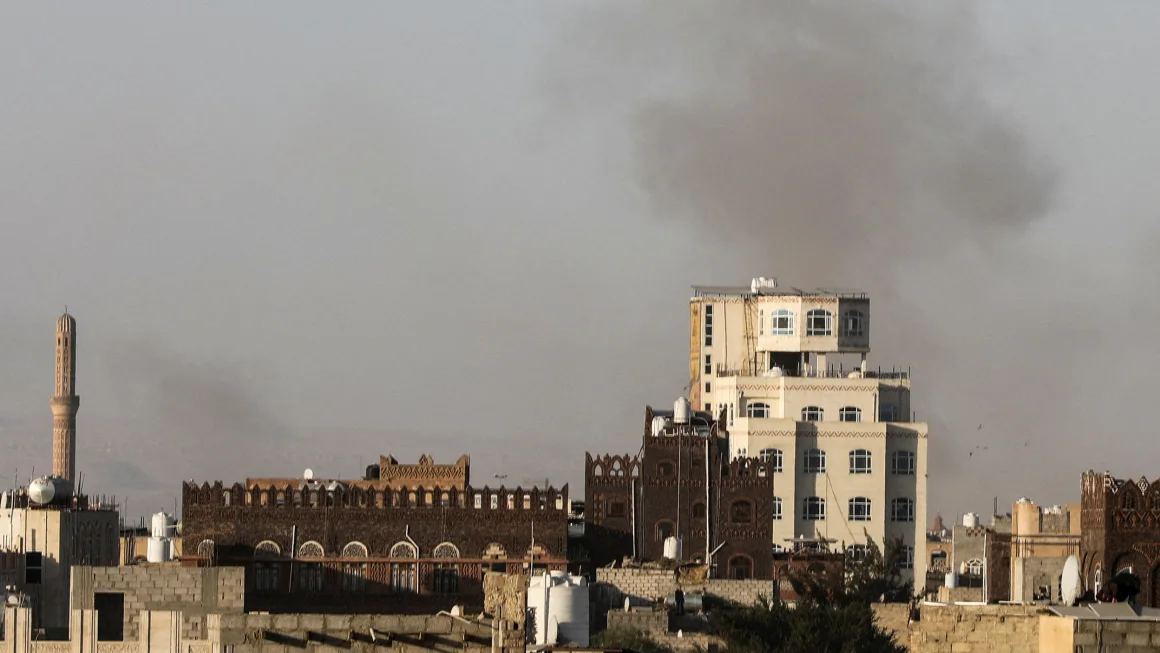What you need to know about Sunday’s exchange of fire between Israel and Hezbollah
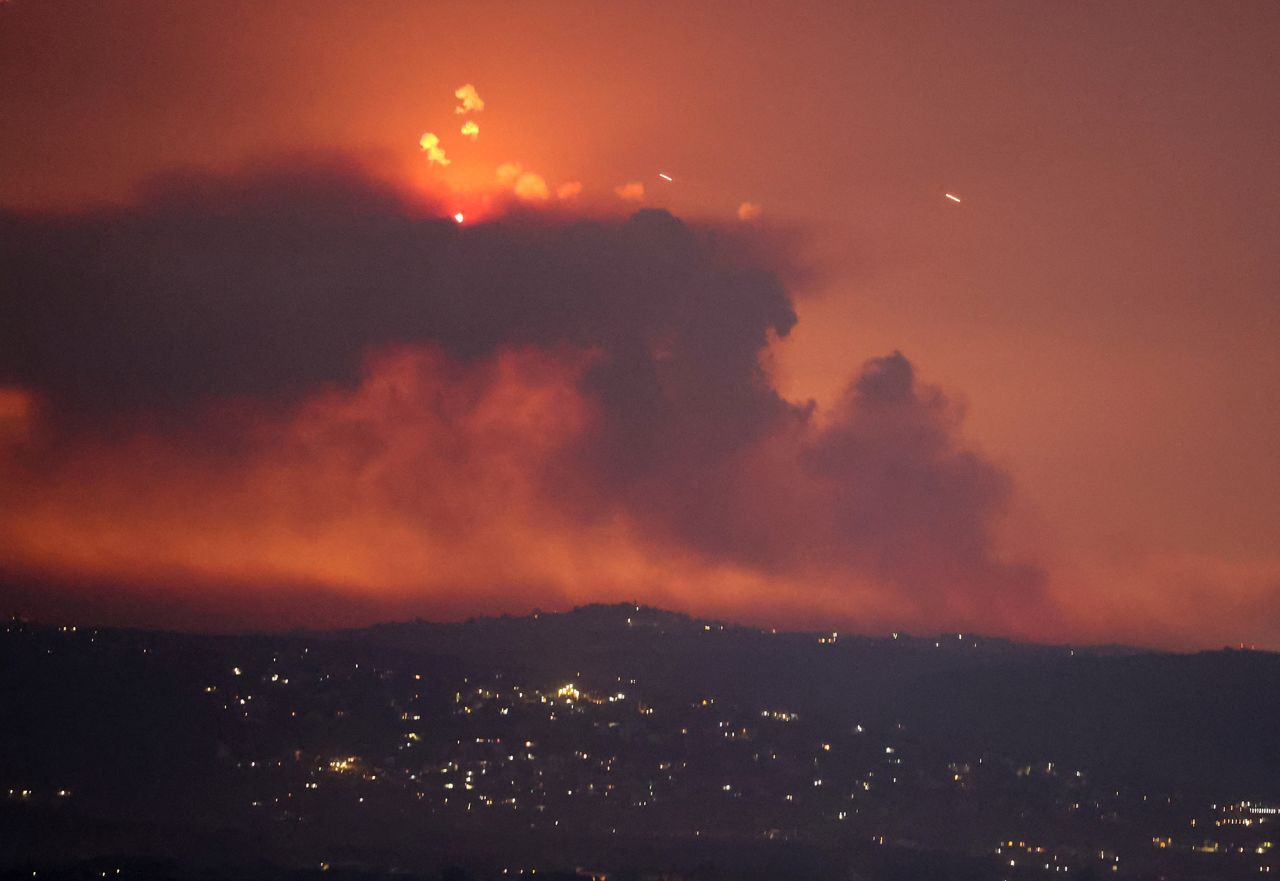
Sunday morning in the Middle East began with a massive exchange of fire between Israel and the Iran-backed militant group Hezbollah, escalating tensions between the sides which had spiked after the October 7 terror attack on Israel.
Here’s what’s happened so far:
- Israel’s preemptive strike: Israel said early Sunday that it carried out preemptive strikes against Hezbollah after it identified the militant group was “preparing to fire missiles and rockets toward Israeli territory.” More than 100 Israeli fighter jets hit Hezbollah rocket launcher barrels across Lebanon.
- Hezbollah’s response: Hezbollah, which said Israeli claims about an imminent attack by the Islamist militant group were “baseless,” responded with a “first phase” of strikes against Israel and claimed its launch of 320 rockets and a barrage of drones. The IDF said about 200 rockets had been launched from Lebanon toward Israel. Hezbollah said the operation was a “complete success.” Hezbollah leader Hassan Nasrallah will speak later today.
- Casualties on the ground: There were no reports of any casualties in Israel. Lebanon’s Ministry of Health said three people were killed in the southern part of the country.
- Why now: While cross-border fire between Hezbollah and Israel has been a regular occurrence for months, the Iran-backed group had been expected to respond to last month’s killing of the group’s top military commander, Fu’ad Shukr, in an Israeli drone strike in the southern suburbs of Beirut. Mere hours later, Hamas’ political leader, Ismail Haniyeh, was killed in the Iranian capital of Tehran. While Iran held Israel responsible for Haniyeh’s killing, Israel never officially claimed responsibility.
- What’s happening in Israel: Flights were briefly canceled during the fighting, and there are long delays at the country’s main airport, Ben Gurion. Authorities in Tel Aviv have closed beaches and canceled leisure activities as well.
- Israel’s next steps: Prime Minister Benjamin Netanyahu said Israel was “determined to do everything to protect our country,” in a meeting with his security cabinet Sunday. Minister of Defense Yoav Gallant has declared a “‘special situation on the home front’ across the country,” which enables the Israeli military to issue instructions to citizens, “including limiting gatherings and closing sites where it may be relevant.”
- Talks in Cairo: Delegations representing Israel and Hamas are still expected in Cairo for ceasefire and hostage release negotiations on Sunday, despite the fighting in northern Israel and southern Lebanon.
- Meanwhile, in Washington: Israel has kept its most important ally abreast of the latest, with Gallant briefing US Secretary of Defense Lloyd Austin on the Israeli strikes in Lebanon. President Joe Biden is also closely monitoring the situation with his national security team, the White House said.
The post What you need to know about Sunday’s exchange of fire between Israel and Hezbollah appeared first on Egypt Independent.
What's Your Reaction?
 Like
0
Like
0
 Dislike
0
Dislike
0
 Love
0
Love
0
 Funny
0
Funny
0
 Angry
0
Angry
0
 Sad
0
Sad
0
 Wow
0
Wow
0
